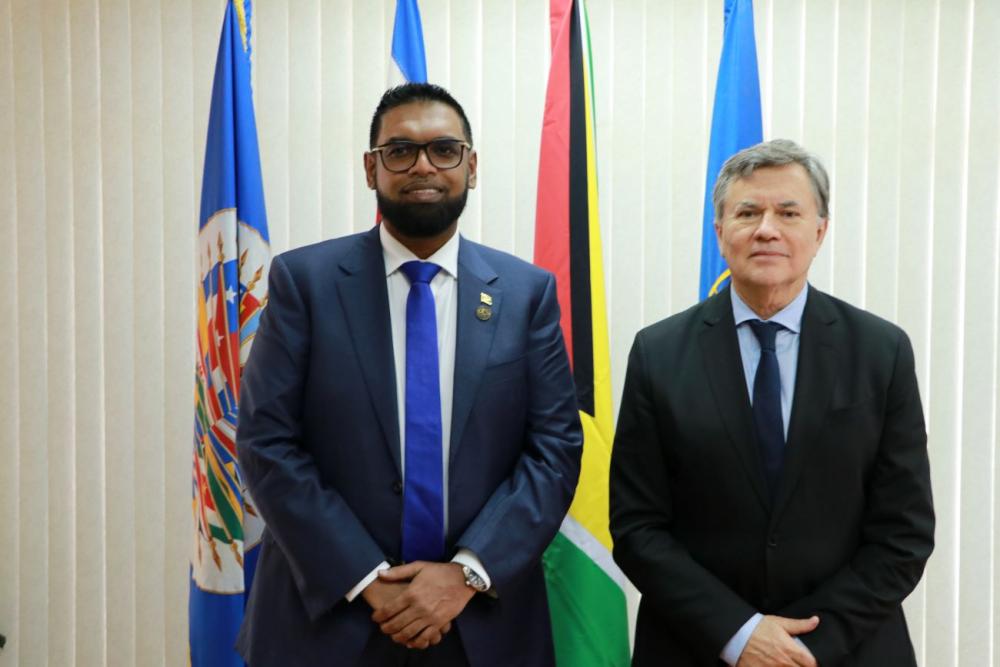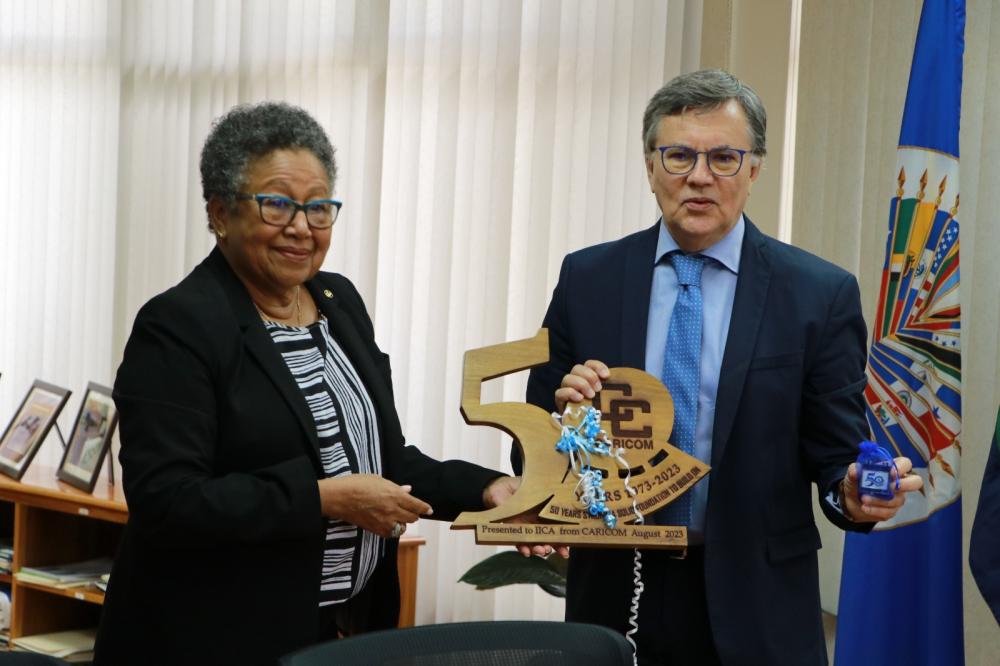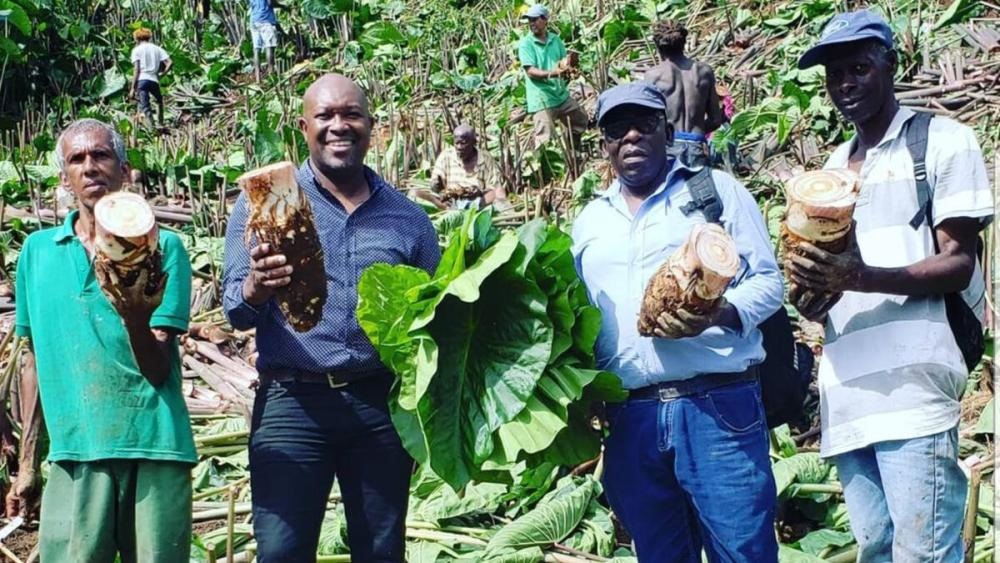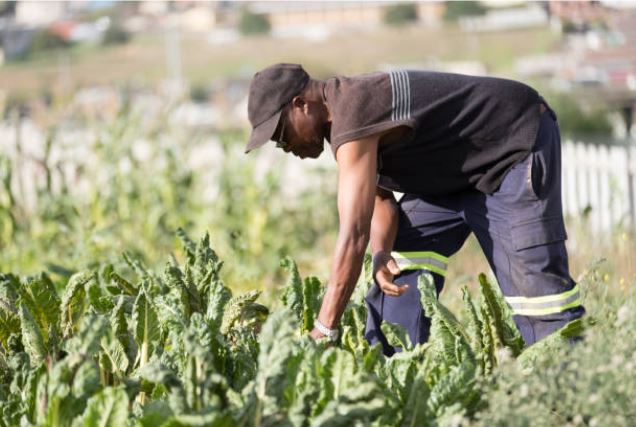The Inter-American Institute for Cooperation on Agriculture (IICA) will create a Special Fund for the Caribbean to promote initiatives and actions aimed at assisting countries in the region in meeting the goal of reducing their multi-million dollar food import bill by 25% by 2025.

San Jose, 26 June 2024 (IICA) – The Inter-American Institute for Cooperation on Agriculture (IICA) will create a Special Fund for the Caribbean to promote initiatives and actions aimed at assisting countries in the region in meeting the goal of reducing their multi-million dollar food import bill by 25% by 2025.
The Special Fund for the Caribbean, announced by IICA Director General Manuel Otero, is one of the priorities of the Institute, which will be working closely with that region to strengthen food and nutritional security for the population.
Strengthening the climate resilience of the Caribbean agriculture sector is crucial given that the region is particularly vulnerable to the impact of climate change.
Through the creation of the Fund in the amount of USD 250,000, the agricultural development and rural well-being agency of the Americas will promote a series of activities aimed at enhancing the resilience of producers and the capacities of the public and private sectors.
“This decision will enable IICA to facilitate greater integration among Caribbean countries through hemispheric partnerships and South-South and triangular cooperation projects that promote food and nutritional security. We are also deepening our commitment to improving the quality of life of people in the Caribbean”, stated Otero in announcing the initiative.

Most Caribbean countries are net food importers and at least seven countries import more than 80% of the food they consume. It is estimated that the food import bill amounts to USD 6 billion per year.
For this reason, countries of the Caribbean Community (CARICOM) have made progress on a project entitled “Vision 25% by 2025”, which seeks to reduce the region’s food import bill by 25% by 2025.
This initiative addresses the need to strengthen food and nutritional security in the Caribbean in an effort to increase local food production, improve intraregional trade and foster the creation of wealth and economic opportunities in the agriculture sector of countries in the region.
Capacity building
Through the Special Fund, IICA developed a program aimed, among other things, at promoting climate-resilient agroecological systems and mechanisms; building capacities for integrated water and soil management; managing agricultural disaster risks; fostering digital technologies; delivering training on clean seed production and strategic crops such as pineapple and potatoes; driving the adoption of sustainable animal production models to replace and reduce animal protein imports; and promoting agricultural entrepreneurship for young people and women through business incubators.
As part of these initiatives, training workshops, training activities and events will be organized to disseminate good practices related to various crops, sustainable livestock farming, caring for soil health and climate change adaptation.

Regional agreements
Last August, CARICOM and IICA signed an agreement to prioritize their joint actions in the Caribbean, with a view to achieving joint progress in developing agricultural and rural development policies, bolstering production systems, strengthening value chains, enhancing the resilience of the agriculture sector and improving land use. The agreement was signed by the Director General of IICA and Carla Barnett, Secretary General of CARICOM.
Additionally, the President of Guyana, Mohammed Irfaan Ali, visited IICA Headquarters in San Jose, Costa Rica last October.
IICA is also working together with the Caribbean Agricultural Research and Development Institute (CARDI) to support key technological actions in the region by means of a financing fund.
The Organization of Eastern Caribbean States (OECS) is one of IICA’s partners in addressing the challenges posed by food security in the region.

More information:
Institutional Communication Division.











